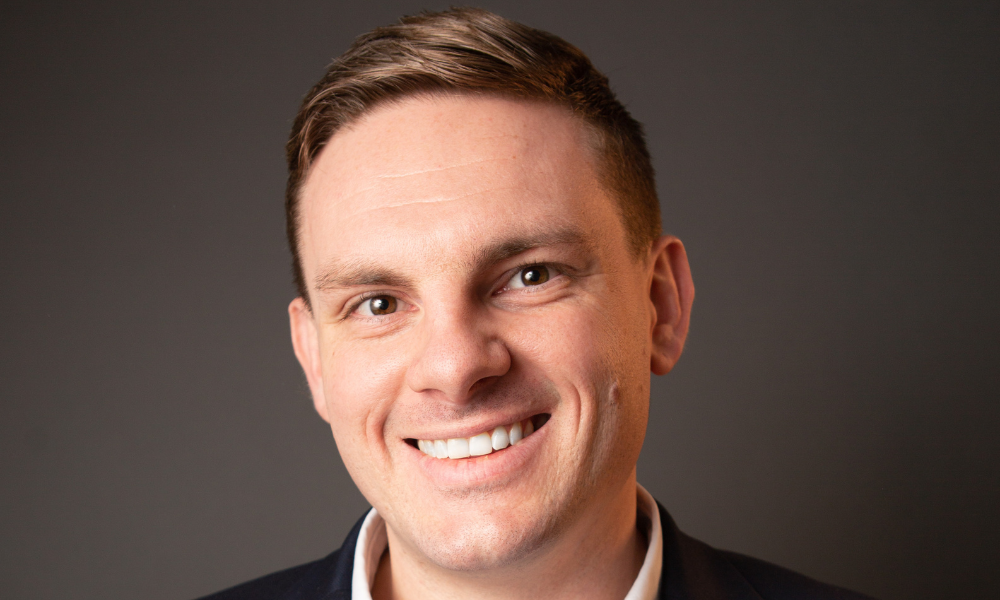

Having a practice valuation conducted for your RIA can be one of the most important things you can ever do. It’s so important, in fact, that InvestmentNews is hosting its next RIA Lab on the topic.
“You can't master if you don't measure it,” says Aaron Wells, director of financial analysis at FP Transitions, who is one of the featured panelists on the webinar next Tuesday at 11:30am ET. In the case of newly registered RIAS, he emphasizes the importance of getting a baseline valuation for their firm as “a good business practice.”
“Understanding what drives value in your business, understanding where you sit relative to your peers, especially if you can get a valuation at the end of a good benchmarking study, can become powerful information to give you context in the universe in which you operate,” Wells says.
The live RIA Lab, titled “Uncovering RIA Practice Valuation: A Look Under the Hood” will uncover key factors and considerations that all practice owners should be aware of, from both the seller and buyer perspectives. Click here to register.
In addition to having a baseline valuation, Wells outlines three key things for new RIAs to be mindful of when first starting their firm:
Getting KPIs dialed in and understanding where a firm sits “is like having Google Maps for your business,” he says.
“Those turn-by-turn instructions then become KPIs that can indicate, ‘Hey, are we at an inflection point in our business where we need to hire more staff? We have these growth goals of 20 percent, but do we have the market or the sales pipeline or the marketing leads to make that happen?
If firms have referral sources, they should be questioning whether they’re capturing said referrals, added Wells.
“Do we have anything in place to make sure that there's conversion of those referrals to meetings to actual clients?”
Data without the story is just data, Wells says, but if there’s data in context of a firm’s operations and in the context of someone who can help interpret that data for operations “is super important and can become a really powerful tool for RIAs to consider things that can either really help or hinder their growth journey,” he says.
He points to compensation as “a sticking point” that RIAs regularly strive for. What might have been one fee-structure for an RIA that they first used when starting out and as they continue to use it, can suddenly become burdensome on profit and loss statement, Wells explains.
“That's really squeezing your margins and hurting what you want to do to continue to grow. It's really hard to cash flow debt for M&A if you don't have healthy profit margins.”
Wells reminds advisors that building a successful RIA firm requires intentional planning and consistent effort over time. He likens it to a fitness habit or routine.
“When you start going to the gym for the first time, it's a complete pain in the butt. You don't want to get up. It's early and you’d rather sleep in another 30 minutes. But if you [get up and do it] for a couple of months, you’re in the habit of living this new lifestyle,” he says.
“It’s the same thing when you're working on your business. You have to make it a part of your day to day, certainly month to month,” he added. “The results can sometimes be hard to see in the first week to 30 days, but you look up in two years, there's been immense amount of value created because of the time and effort you put in your business.”

US wealth advisory business will get international footprint boost with new tie-ups.

New research shows physicians start their careers at least $200K in debt.

By listening for what truly matters and where clients want to make a difference, advisors can avoid politics and help build more personal strategies.

JPMorgan and RBC have also welcomed ex-UBS advisors in Texas, while Steward Partners and SpirePoint make new additions in the Sun Belt.

Counsel representing Lisa Cook argued the president's pattern of publicly blasting the Fed calls the foundation for her firing into question.
Orion's Tom Wilson on delivering coordinated, high-touch service in a world where returns alone no longer set you apart.
Barely a decade old, registered index-linked annuities have quickly surged in popularity, thanks to their unique blend of protection and growth potential—an appealing option for investors looking to chart a steadier course through today's choppy market waters, says Myles Lambert, Brighthouse Financial.
